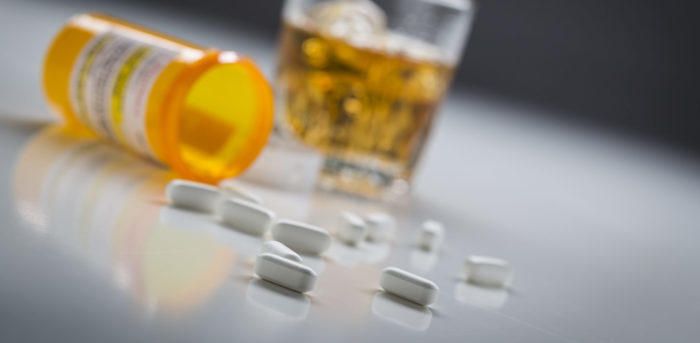In the latest issue, CHIRP presents two reports they received about the use of drugs onboard commercial fishing vessels, highlighting the severe impact drug use has on seafarers.
According to the reporter, an increased drug abuse has been observed on several commercial fishing vessels operating in a specific area. According to reports, a number of crew members has been using cocaine, while some of them are being paid in cocaine.
It is added that the statement above has been supported by witnessed incidents including irrational and violent behaviour, such as verbal outbursts, to such an extent that another vessel was required to take avoiding action to prevent collision.
[smlsubform prepend=”GET THE SAFETY4SEA IN YOUR INBOX!” showname=false emailtxt=”” emailholder=”Enter your email address” showsubmit=true submittxt=”Submit” jsthanks=false thankyou=”Thank you for subscribing to our mailing list”]
Also, the reported informed recorded incidents of collisions between the reported vessels and fixed offshore structures and the tragic loss overboard of a crew member from one of the boats who was a known drug user.
In respond to the reports above, CHIRP states that although drug taking is a major challenge within the global fishing industry, while it’s the first time they received any reports on the matter. However, given that the reports concern legal activity, local and national authorities are responsible for these issues, and CHIRP cannot investigate, but only publish this kind of statements.
It is commented that
The drug of choice varies from region to region, but all drugs have the same adverse effects on the users. Rational thought processes are impaired, leading to poor decision making on both an individual and group basis.
Drug taking may increase the risk of an incident or accident, and still remains a cultural issue, which requires addressing both at company and national administration level. A mandatory drug and alcohol policy may be considered a good starting point.
To tackle this issue, some companies have already issued a “zero tolerance” policy for both drugs and alcohol. For instance, Maritime New Zealand cooperated with The Federation of Commercial Fishermen, Seafood NZ, Fishing InShore New Zealand, Moana Fisheries and Guard Safety and launched an ‘Intoxication’ campaign for fishers.
Although many seafarers are familiar with some form of breathalyser used to detect alcohol in exhaled breath and they are often carried on board for self-regulation, CHIRP is not aware of any similar type of simple device on board vessels for detecting the presence of drugs. Such a procedure usually requires third party involvement, similar to the monitoring of sports personnel.
CHIPR concludes that
Whilst this article started with commercial fishing vessels, the same issues apply to all aspects of seafaring, including professional seafarers, offshore workers, recreational sailors and fishermen.






























































